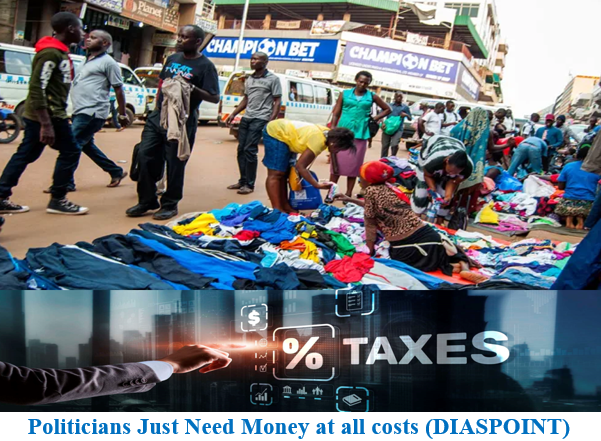Kenya tax plan will hurt business and dim economic recovery, economists warn
Post By Diaspoint | May 21, 2024

Financial analysts are warning that the Kenya Finance Bill 2024 that was tabled before the National Assembly this week could impact economic recovery if implemented without amending a raft of tax proposals.
The bill introduces, among others, Motor-Vehicle Tax, Minimum Top-Up Tax and Significant Economic Presence tax and amendments aimed at enhancing revenue collection and tax compliance.
Economists warn that global shocks such as the geopolitical tensions in Europe and the Middle East, coupled with domestic challenges such as high public debt, could complicate the country’s efforts to meet its financial target of Ksh3.9 trillion ($29.77 billion) for the financial year 2024/25.
“When the economy is depressed and it’s in recession, you don’t go on taxing people. You wait until the economy recovers then you can start taxing,” said Billow Kerrow, a former senator for Mandera.
“You look for better ways of growing the economy. In fact, you give people incentives to go into business and production so that you can get more revenue and create employment. But when you start asking for money when the economy is down, businesses will move to another place.”
The Bill proposes that items which had been zero-rated for VAT would be subject to VAT at the standard rate, currently 16 percent. One of those is bread, whose price would increase by at least Ksh10 ($0.076). Others are electric bikes and buses, and solar and lithium-ion batteries.
The incentives for the e-mobility sector were introduced in 2023 to promote green energy use, leading to increased uptake with many start-ups setting up in Kenya.
Read More from original source
